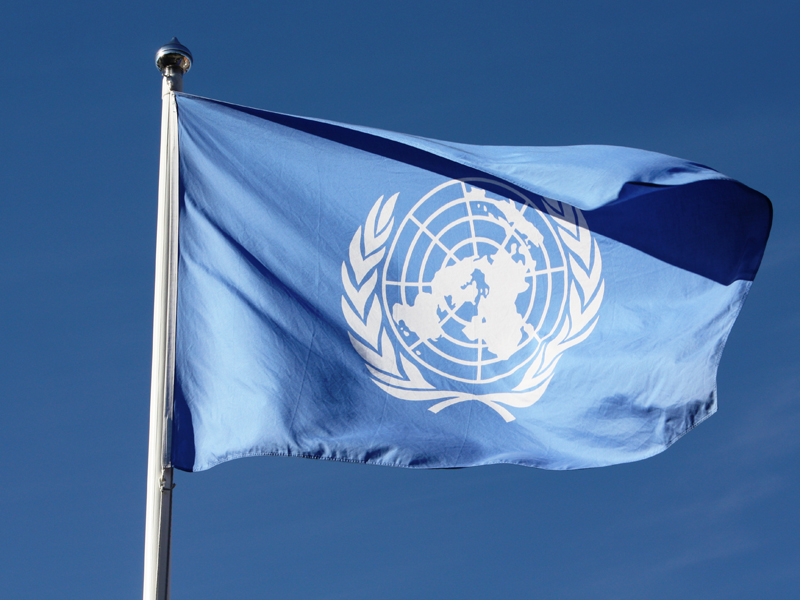Statement by Deputy Head of the Russian Delegation Mr. Konstantin Vorontsov in Exercise of the Right of Reply at the Thematic Discussion on Outer Space: Disarmament Aspect in the First Committee of the 77th Session of the UNGA
Mr. Chair,
In connection with a number of insinuations regarding Russia's space activities, voiced by delegations of the United States and Ireland, we reiterate that we reject them as unfounded. We already provided detailed explanations on this matter yesterday. But we repeat one more time that the activities of the Russian Federation in outer space are conducted in strict conformity with international law, including the 1967 Outer Space Treaty, are not directed against anyone and do not create any danger to anyone.
At the same time, it is important to recall that since the 1950s, the United States has been consistently pursuing a policy of using outer space for combat operations and deploying strike weapon systems in it in order to achieve military superiority up to the total dominance in outer space.
In 2020, the US Department of Defense adopted the “Defense Space Strategy”, which defines objectives related to space for the next ten years, as well as ways to achieve them. Outer space is considered by the United States as an arena to conduct combat operations and not only for defensive purposes, for deterrence, but also to "defeat adversary hostile use of space." Similar tasks were confirmed in the first doctrinal document for the US Space Forces “Spacepower" published the same year. To impose the will of the US Space Forces it is prescribed to use force (including "to physically destroy the military capabilities of the enemy") or the threat of force in space, from space or against space. Similar documents were developed by Australia, UK, France and NATO.
In order to carry out these guidelines, Washington and its allies are implementing large-scale programs to develop weapons systems designed to use force or threat of force in space, from space or against space, including in the
pre-emptive manner. We are talking, first of all, about the creation of a space-based missile defence grouping (including interceptors), as well as means of unauthorized impact on objects of the orbital space infrastructure.
As part of this activity, Washington, without any prior warning, tests the latest strike weapons of various types in orbit, including the destruction of their spacecraft. On February 20, 2008, the SM-3 anti-missile was used to destroy the American satellite USA-193. We also note the testing of anti-satellite weapons on the platform of the F-15A aircraft carried out by the Pentagon in the 1980s.
It is also known that the American reusable unmanned space shuttle X-37B, capable of staying in orbit for a long time, performing maneuvers and carrying a payload, has the capabilities to use weapons in space. Our requests to the American side regarding the clarification of the specific goals and tasks of the X-37B as part of its current mission remain unanswered.
In connection with the promoted concept of “responsible behavior” in space, we confirm our concern that the adoption of certain measures that de facto introduce new rules for the use of outer space, when there is no universal legal regime of international treaties on PAROS, will be counterproductive. Questions remain unanswered about who and on the basis of what criteria will determine the degree of responsibility of states. We see in this approach the risks of politicization and subjective judgments of a manipulative nature in the interests of a certain group of states. This is fraught with serious negative consequences for further efforts to keep outer space free of weapons.
We are convinced that the launch of negotiations on an international agreement prohibiting the placement of any types of weapons in outer space, the use or threat of use of force against space objects or with their help is the surest way to reduce tensions and alleviate the concerns of States in the context of ensuring the safety of space activities.
Thank you.
